SUMMARY
This is AI generated summarization, which may have errors. For context, always refer to the full article.
![[OPINION] The case against Google and FB](https://www.rappler.com/tachyon/2020/12/case-against-google-fb-december-15-2020.jpg)
Now that the Philippine Competition Commission has time on its hands, with its mergers and acquisitions activities put on hold by the recent passage of Bayanihan Act 2, it is time to focus on more challenging work.
Consumers are at the mercy of businesses, especially big companies. This is a daily and universal experience shared by many. Not only do we receive sloppy service; conditions are imposed against our interest. Examples are the requirement for deposits to avail of services like electricity and water meters, opening and minimum bank account balances or lock-in periods, and expiring loads in cable services and telecommunications that increase the burden on consumers who are the clients in the first place.
Big business will always say that consumers have a choice to sign up or not, to subscribe or not. In reality, this is a false choice, as there is actually no meaningful option. Choice is relevant only when there are real alternatives.
In the era of search engines, Google works best and fast and shows the most relevant results because of its sheer size. It harnesses the concept of “network effects” – a phenomenon where increased number of users improves the value of a good or service – that further expands, deepens, and refines the searches. If this were simply the case, then it is a good thing.
However, because Google’s business is in the selling of advertisements to make money, the results page serves up ads that are shown first. Worse, sometimes and with increasing frequency, Google gets a cut each time a user clicks on a page that is shown by it. Worst, it paid suppliers and vendors (including Apple) to carry its search engine as the default option (there’s the word again) to make it even stickier for consumers.
To continue, when we want to watch a video, where else but YouTube? YouTube’s contents are mostly contributed by users but monetized by Google. It may be true that Google provides and pays for the data centers to provide for the bandwidth for the service to be available and must recoup and make a profit on its expense. But the question is – how much does it need to make without compromising the rights of the consumers?
Almost all videos are preceded by advertisements that may start with one short one and then two or more of varying lengths, some skippable but ultimately mandatory to play. It is hypocritical to provide a “Skip Ads” button that still requires you to watch varying lengths of the advertisements. Worse, the random nature of such advertisements can jump out or interrupt anything you watch at any time and at will. There is no notice, no warning, and no choice. Either you put up or you switch off. And turning off is not an option. Or you have to pay for an ad free version that still has cookies.
Even with YouTube Kids, the channels are full of advertisements overt and subliminal that are targeting very young users and shaping their tastes and likes. Note the cartoons that depict M&M chocolates as cartoons that are educational. This is evil in a different guise.
The US DOJ has finally filed suit against such practices. Such acts are anti-competitive because smaller companies and start-up search engines can never see the light of day. It is a strategy to strengthen and to perpetuate a monopoly very much like traditional industries like utilities. Regulators in Europe and elsewhere have taken action against these tech companies.
The American regulator followed with a suit against FB for similar behavior – buying up and coming companies like Instagram, WhatsApp and Oculus, among others and integrating it into the social media platform that excludes all other providers.
These practices include inserting cookies – little computer programs – into users’ devices to track and transmit their information in order to tailor-make even more advertisements. Have you noticed that after g-mailing your friend that you are planning a trip to Santorini, you start seeing hotels, flights, tour packages, and the like everywhere else? It’s like your pad or computer is reading your mind! In truth, it is much simpler; your device is tracking you without your knowledge or consent.
Anti-competitive behavior and privacy issues affect Filipinos as much as any other global community. Our competition and data privacy laws were designed to protect us. The same laws created the Philippine Competition Commission and National Privacy Commission precisely to take proactive action against such issues, instead of doing cut-and-paste deskwork or reacting a bit too late to breaches and violations. It is time our agencies open up new work streams against such abuses. – Rappler.com
Geronimo L. Sy is a former Assistant Secretary of the Department of Justice. He set up the Office of Cybercrime and the Office for Competition.
Add a comment
How does this make you feel?
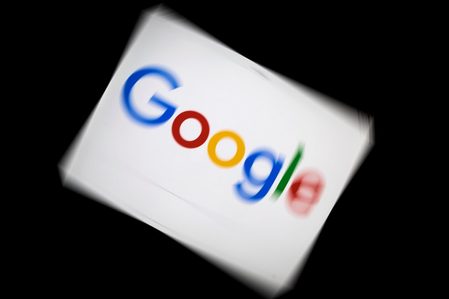






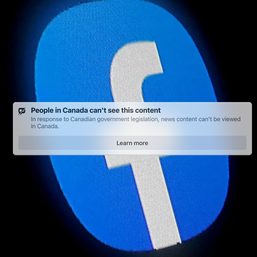

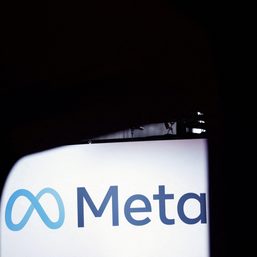
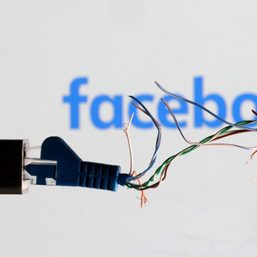



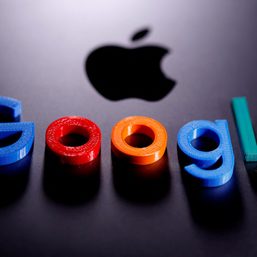


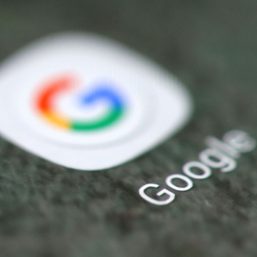

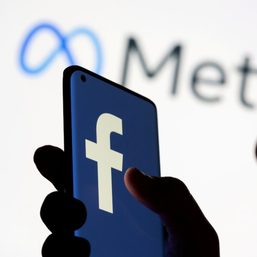

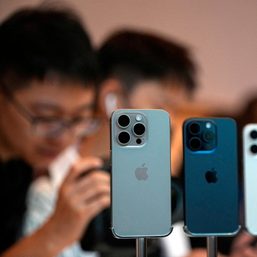


![[Rappler Investigates] Dangers of TikTok](https://www.rappler.com/tachyon/2024/04/dangers-tiktok-april-18-2024.jpg?resize=257%2C257&crop=309px%2C0px%2C1080px%2C1080px)
There are no comments yet. Add your comment to start the conversation.